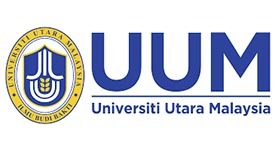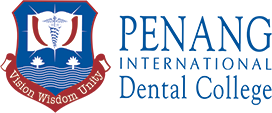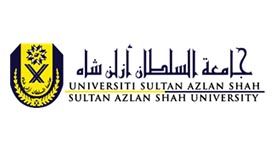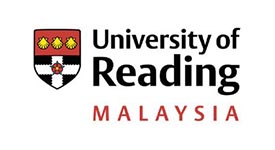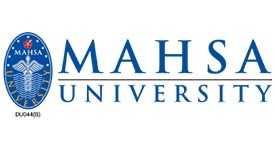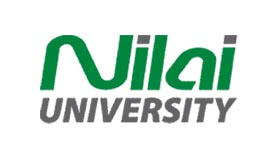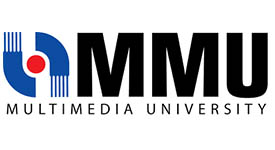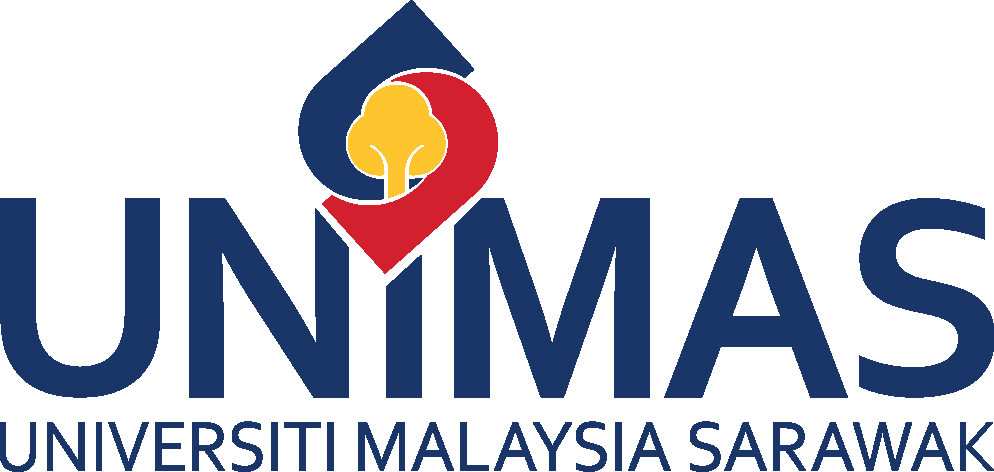
University of Sarawak Sarawak UNIMAS
- Location: Kota Samarahan, Sarawak
-
-
Schooling:
-
View:
- Type: Public Institution
- Courses: 66
- QS World University Rankings: 1001-1200
- Times Higher Education World University Rankings: 1201-1500
- Get Direction
About University of Sarawak Sarawak UNIMAS
| Campus | Suburban |
|---|---|
| Living cost | USD 359 per month |
| Student population | Large (More than 10,000) |
| International students | 20% |
| Institution type | Public |
| Courses Offer | 66 |
University of Malaysia Sarawak/Universiti Malaysia Sarawak (UNIMAS) was officially incorporated on 24 December 1992. UNIMAS was Malayia's eighth university and the first public university of Sarawak. It started off with two faculties and had 118 students enrolled on 8 August 1993. The next year, UNIMAS added four more faculties and began to grow. This was also because UNIMAS started offering postgraduate programmes. As of 2013, the university has a total enrolment of more than 16,000 students.
Today, UNIMAS's strength lays down in at least three niche areas of research:
- Biotechnological research (agriculture)
- ICT (rural communication and image analysis)
- Biodiversity (natural resource)
The Ministry of Science granted the Technology and Innovation (MOSTI) Science Fund to UNIMAS due to 44 research projects done. The amount of this fund was RM7.59 million. Another 81 projects done by UNIMAS under the Ministry of Higher Education (MOHE), furthermore granted RM2.88 million.
Vision: To become an exemplary university of internationally acknowledged stature and a scholarly institution of choice for both students and academics through the pursuit of excellence in teaching, research, and scholarship.
Mission: To generate, disseminate and apply knowledge strategically and innovatively to enhance the quality of the nation's culture and the prosperity of its people
Campus information
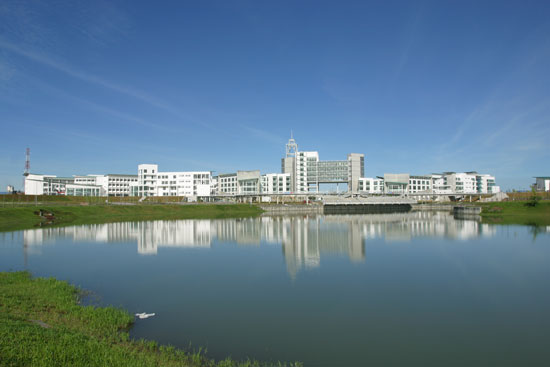
Academic Strength
UNIMAS is a university committed to being contemporary in character and forward-looking in developing its education system. The university employs innovative approaches to the teaching-learning process and offers academic programmes which cater to the demands of the market. UNIMAS students are trained to be proficient in their respective disciplines through the core courses. A curriculum based on the concept of the total development of the individual moulds students to be all-rounded individuals. UNIMAS graduates are able to cope not only in the existing workplace of today but also in the newly emerging work environments of the future.
Research Niche
- Biodiversity and Environmental Conservation
- Emerging Tropical Infectious Diseases
- ICT Development and ICT for Development
- Renewable and Green Energy
- Industrial Design
Programme Outline
In marching towards the realization of its Vision and Mission, UNIMAS offers various undergraduate and postgraduate programmes under its respective areas.
Undergraduate Programmes
Faculty of Applied and Creative Arts
- Fine Arts
- Design Technology
- Cinematography
- Music
- Arts Management
- Drama and Theatre
Faculty of Cognitive Sciences and Human Development
- Human Resource Development
- Cognitive Science
- Counselling
Faculty of Computer Science and Information Technology
- Information Systems
- Network Computing
- Software Engineering
- Computational Science
- Multimedia Computing
Faculty of Economics and Business
- International Economics
- Industrial Economics
- Marketing
- Finance
- Accounting
- Business Economics
- Corporate Management
- Service Economics
Faculty of Engineering
- Civil Engineering
- Mechanical Engineering and Manufacturing Systems
- Electronics and Telecommunications Engineering
- Electronics and Computer Engineering
- Chemical Engineering
Faculty of Medicine and Health Sciences
- Medicine
- Nursing
Faculty of Resource Science and Technology
- Resource Biotechnology
- Resource Chemistry
- Aquatic Resource Science and Management
- Plant Resource Science and Management
- Animal Resource Science and Management
Faculty of Social Sciences
- International Studies
- Industrial Relations and Labour Studies
- Social Work Studies
- Communication Studies
- Development Planning and Management
- Politics and Government Studies
- Anthropology and Sociology
Postgraduate Programmes
Postgraduate Degrees by Coursework (Masters)
- Corporate Master of Business Administration (CMBA)
- Master of Advanced Information Technology
- Master of Environmental Management/Master of Environmental Science
- Master of Science in Human Resource Development (HRD)
- Master of Engineering
- Master of Science (Learning Sciences)
Postgraduate Degrees by Research (Doctor of Philosophy and Masters)
UNIMAS offers master and PhD degrees by research in a broad range of areas in all faculties and institutes. Currently, over 150 different areas of studies are undertaken by students in these programmes.
Facilities & Resources
Facilities at UNIMAS are cutting-edge, blending in with its beautiful and yet unique campus. To cater to its research needs, UNIMAS has established several institutes and Centres of Excellence that embody UNIMAS’s commitment to world-class research.
Institute
- Institute of Biodiversity and Environmental Conservation (IBEC)
- Institute of Health and Community Medicine (IHCM)
- Institute of Social Informatics & Technology Innovation (ISITI)
Centres of Excellence
- Rural Informatics (CoERI)
- Malaria Research (CMR)
- Water Research (CWR)
- Image Analysis and Spatial Technology (CIAST)
- Renewable Energy (CoERE)
- Semantic Technology and Augmented Reality (CoSTAR)
- Sago Research (CoSAR)
- Disability Studies (CoEDS)
Students Facilities
The university’s policy is to provide students with comfortable, clean, and safe accommodation. Modelled after an apartment complex, the colleges are built to cater to the students’ needs. There are several apartment blocks for each college with each apartment unit accommodating 8 students. The apartment units are sufficiently furnished and students are responsible for its cleanliness. Each apartment block is equipped with communal facilities such as a common living hall, pantry, computer room, gymnasium, public telephones, washing machine, electric kettle, iron, and privatised laundry service. A privately-run cafeteria is available in each college.
Sports and Recreational Facilities
The University is constantly upgrading its sport and recreational facilities to cater to the leisure activities of the campus community. Currently, there is a football field, tennis courts and multipurpose hall; and fields for archery, softball, basketball, sepak takraw, and a netball field. There is a sports complex which houses a gymnasium and squash courts. We also have our very own bowling alley.
Healthcare Facilities
UNIMAS seeks to provide high-quality healthcare services that are efficient and caring for its students. An outpatient clinic is available on campus to cater for the student's health and medical care.
Recognition and Achievements
UNIMAS is an ISO-certified institution recognised locally and internationally. Its research projects are focused on public health, medical biotechnology, information technology, tropical biodiversity, renewable energy, environmental conservation, industrial design, international economics and the socio-political implications of economic development programmes.

